BACKGROUND
Our Executive Director, Sonja Giese, and Senior Researcher, Caylee Cook, recently represented DataDrive2030 at the WED Movement ECD Research Convening in Abu Dhabi. Funded by the Abu Dhabi Early Childhood Authority, this research convening brought together 90 researchers from across the United Arab Emirates, the wider Arab region, and Africa. The programme included presentations that highlighted the incredible work being done in these regions, capacity building workshops, and design thinking methods to address key challenges in conducting research in Majority World Countries. Bringing together researchers from the Arab and African regions created an incredibly unique sense of community with a shared passion to change the under-representation of our regions in the academic literature and a shared recognition of the importance of culture and context in the work we do.
FIVE KEY INSIGHTS FROM THE EVENT
- We were struck by the common language challenge and the idea that the “normative model of monolingualism” just does not fit our contexts. We need to be actively embracing multilingualism as both a challenge to be addressed and a significant asset to be harnessed, including how integral language is to the development of culture and identity.
- The issue of language was also raised in conversations about publishing in academic journals, that exclusion from academic literature often happens purely because of language (most high impact journals only accept English manuscripts and systematic reviews often only include English articles). Additionally, researchers who are not first language English speakers often have their work rejected because they are judged on the quality of the English and not the quality of the science. Given the technology available for translating, this should no longer be a barrier to researchers from Majority World Countries.
- Several conversations raised the idea of tapping into local wisdom rather than importing from outside as an integral part of a strategy to adopt a more asset-based approach to our work with Prof Amina Abubakar Ali introducing us to the term ‘cultural assets’ during her lightning talk.
- The role of fathers was mentioned several times and emerged as an influence on specific child outcomes, particularly school outcomes. A study presented by NYU Abu Dhabi found that a father’s influence matters significantly for girls’ performance in mathematics. We are fascinated by this and look forward to investigating this further in our context.
- A common theme was the fact that there is pressure to adopt western tools, align with western expectations and accept western standards. This was apparent in multiple instances, from journal submissions to the types of measurement tools we utilise. Participants were generally united around the need for us to have more regional leadership in these spaces and more contextually appropriate criteria for research and publication in our regions.
NEXT STEPS FOR DATADRIVE2030
- There is so much happening in our region that we are not aware of. DataDrive2030 will focus on continued connecting and sharing with the attendees of this meeting and beyond.
- There is huge potential for harnessing new technologies in our regions, and lots of interest in exploring the use of tech innovation. For DataDrive2030, we are planning on looking into AI to:
- To address challenges around enumerator bias within child assessments;
- To customise the experience for data consumers by curating data visualisation based on user preferences and data literacy levels;
- To further automate data cleaning, analysis, and reporting for scale.
- The concept of child assent in research was addressed in one of the capacity building workshops. DD2030 will use the knowledge gained from this to strengthen the child assent steps in our ELOM tools.
Our presentation at the event was on “Innovating systems for early childhood development” and the data value chain. To view the presentation, download the slide deck here.
